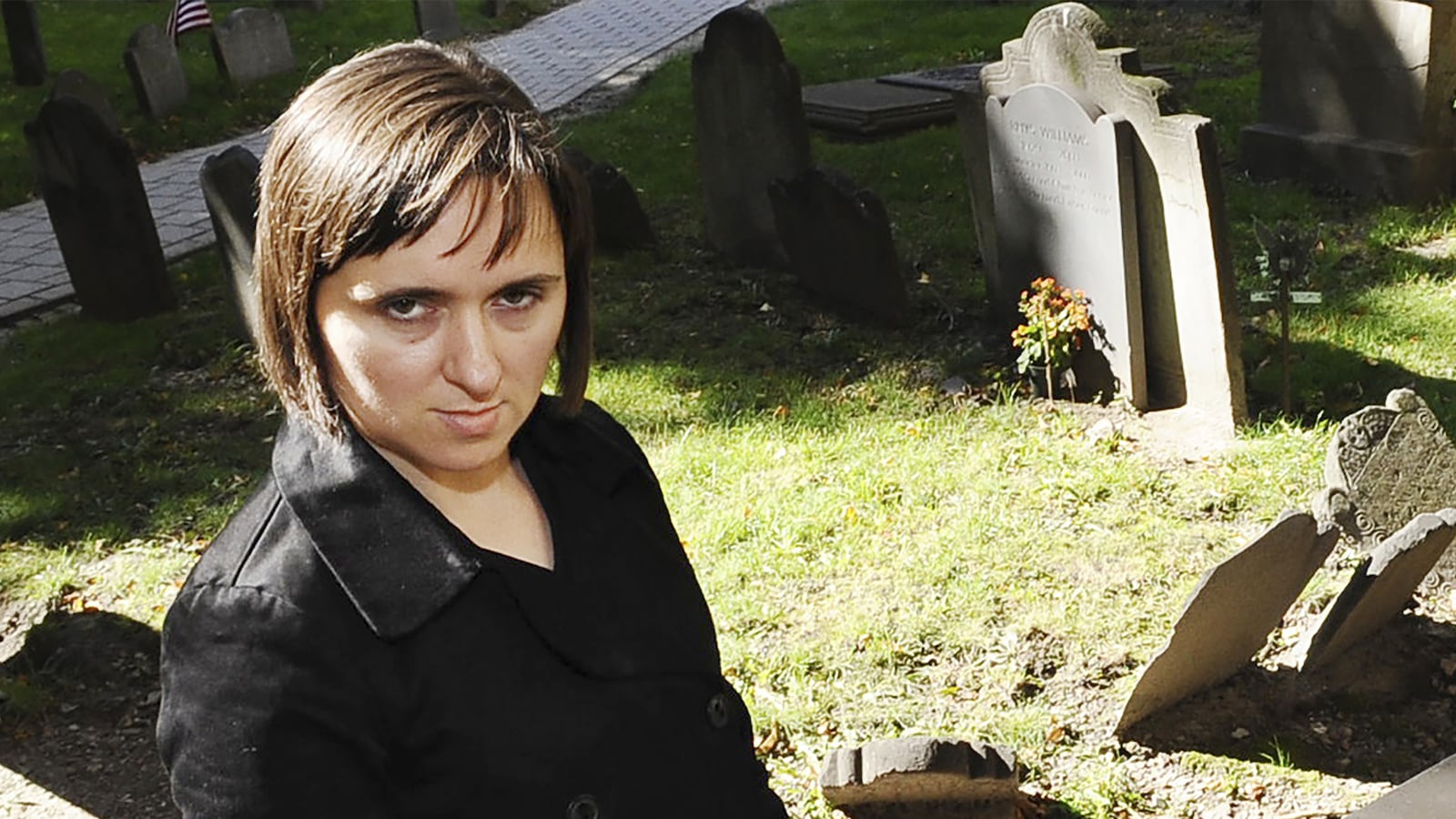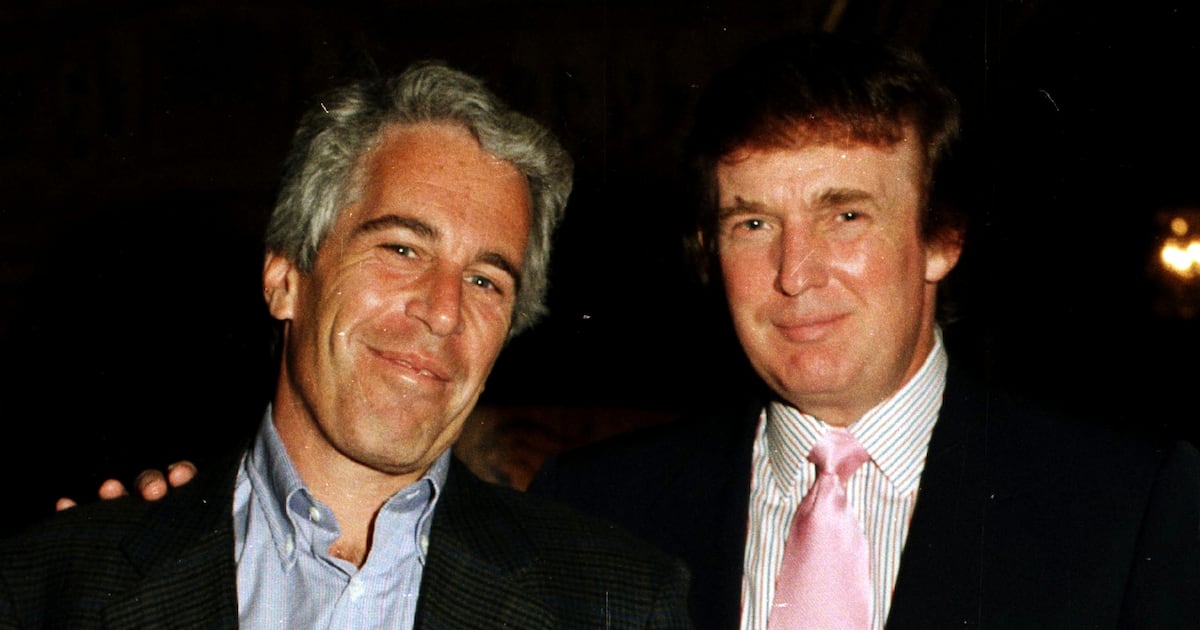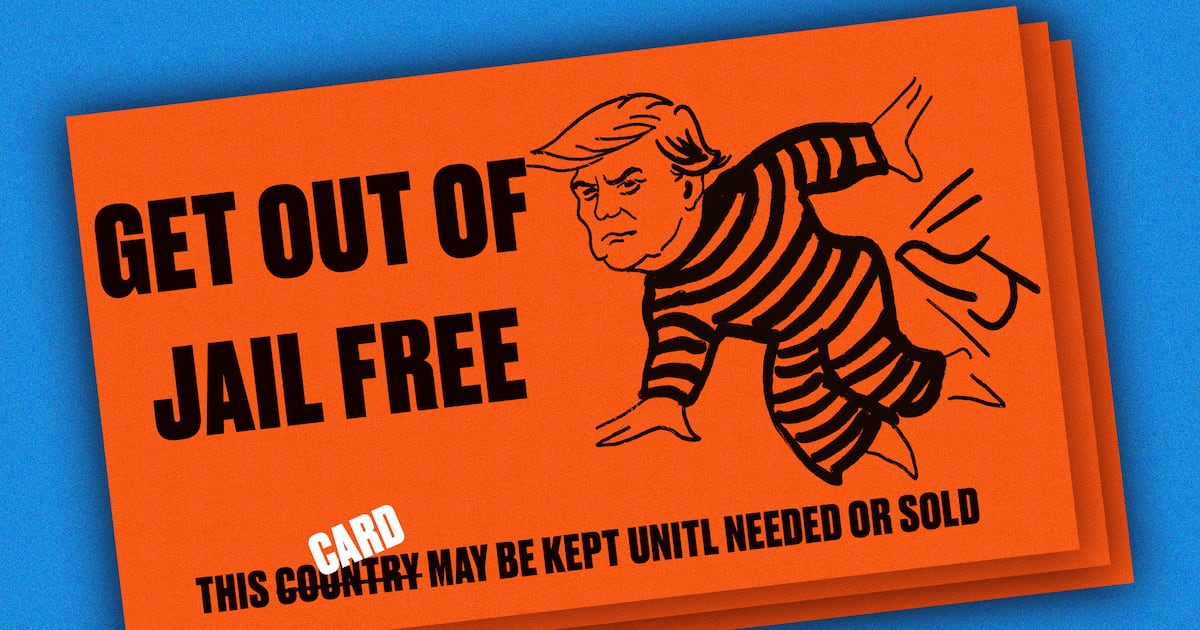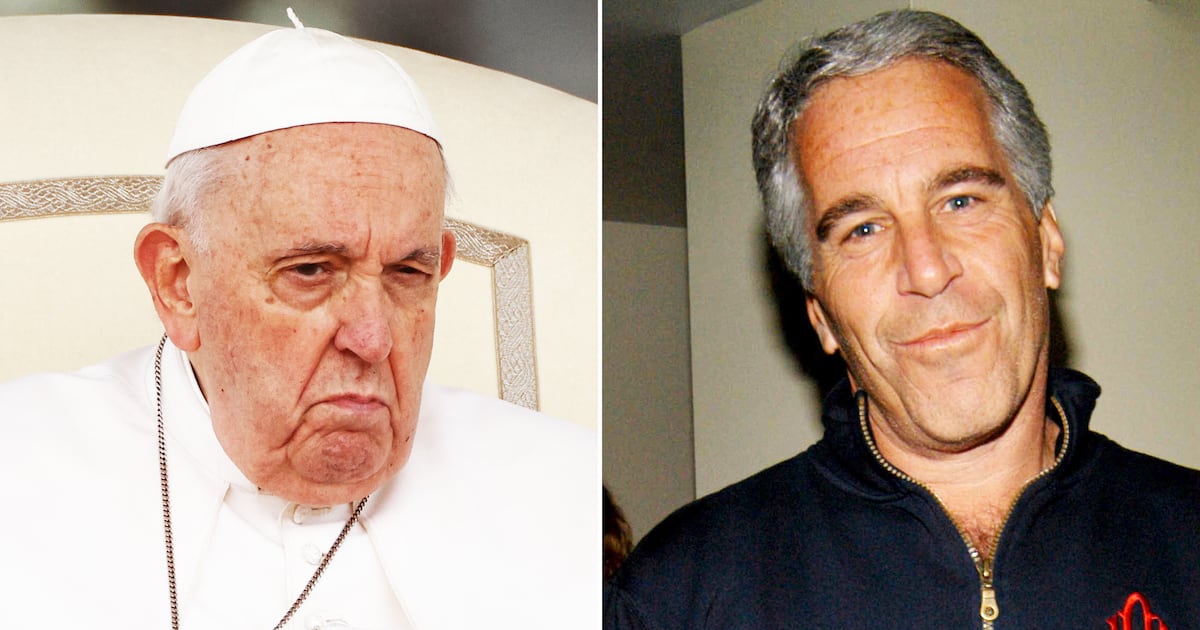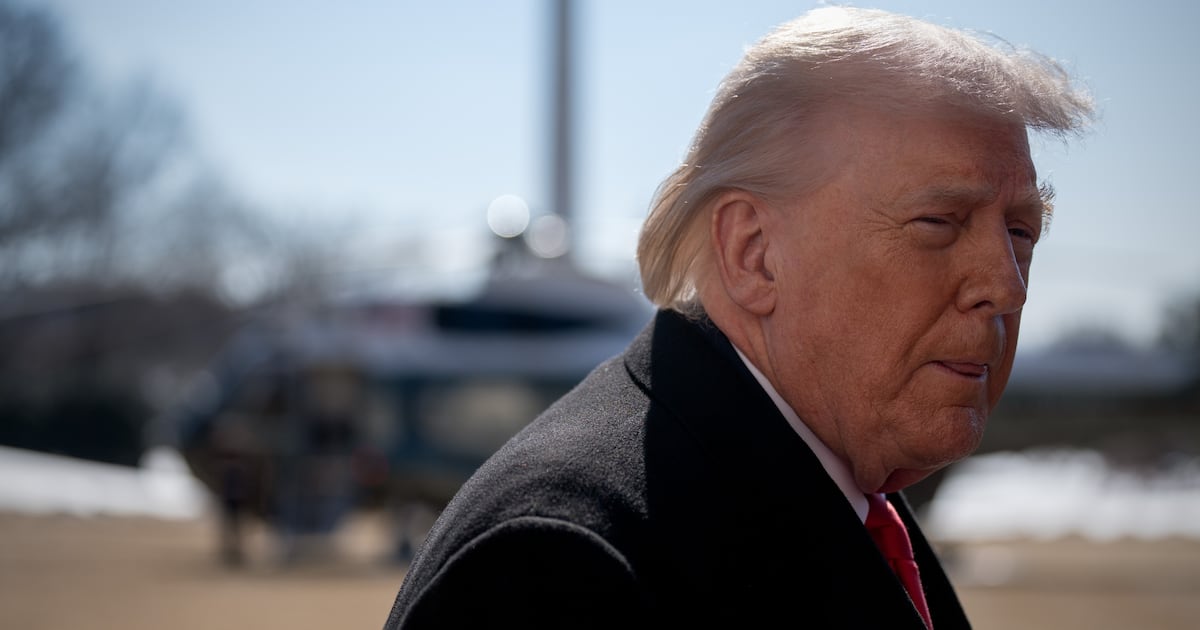The Monmouth Battle Monument in Freehold, N.J., includes five bronze bas-relief sculptures. One of the panels depicts the Marquis de Lafayette—a French aristocrat and a general in George Washington’s army—in a strategy session with Washington just before the Battle of Monmouth during the American Revolution.
When Sarah Vowell went to see the monument as part of her research for Lafayette in the Somewhat United States, she mentions to a friend there that a character on one of the panels was rumored to have been modeled on a young Thomas Edison. He’s supposedly one of the soldiers standing behind Molly Pitcher, who brought water to the soldiers and “who was either an actual woman named Mary Hays or a tall tale or the composite of a lot of actual women including one named Mary Hays (or not) at different battles,” Vowell writes.
After a discursion about Molly Pitcher—or Mary Hays or whoever—Vowell notes that none of the characters depicted in the background particularly look like Thomas Edison. Vowell’s friend looks up pictures of Edison on his phone. “By that, I do not mean that he calls up Edison’s picture from the Internet,” Vowell writes. “He has an Edison portrait on his phone already, in between snapshots of his kids.” Which Vowell explains.

Lafayette in the Somewhat United States is not a biography of Lafayette or a history of the Battle of Monmouth or of the Revolutionary War. The underlying material of the book is closer to a history of Lafayette’s two extended stays in the United States—first as the Hunky Elvis of the revolutionary period and many years later as the Vegas Elvis on a valedictory tour of America in full-on nostalgia for the good old days.
The book itself is Sarah Vowell’s exploration of all of this material and how she found it and what she made of it and why she’s writing about it. It’s sort of a memoir about researching Lafayette in the Somewhat United States but only sort of. If the book sounds like an impenetrable mess, then you misunderstand what’s happening here. Lafayette, like Vowell’s previous books, is big, sprawling, discursive, illuminating, eminently readable, and a bestseller.
We caught up with her to talk about the book, her unusual approach to history, and why she refers to antique Lafayette memorabilia as “merch.”
Were you looking for a topic when you found Lafayette, or did you find some other route into this material?
I wrote a short piece probably a decade ago about Lafayette’s return trip to America in 1924, so he had been on my mind for a while. The thing that drew me to that story initially wasn’t the Revolutionary War; it was Lafayette coming back to the United States as an old man and the way the American people embraced him with whoops and hollers. He was here for a year, and almost every night there was a party in his honor.
Lafayette was 19 years old when he volunteered in the Continental Army, so by 1824 he was the last living general from the Continental Army. It was coming up on the 50th anniversary of the American Revolution, and his presence here whipped American people into this frenzy of affection. We’re not a country known for our agreement or our mutual affection, so those rosy aspects of his story appealed to me. Every other aspect of the story was good old fashioned American rancor and inability to come to any kind of consensus.
He was a lot younger than the people we consider to be his revolutionary contemporaries.
Part of Lafayette’s appeal was his youth. I make an allusion in the book to young Elvis and middle-aged Elvis. Lafayette was this teenager in the American Revolution, and when he comes back here he’s elderly. There’s a certain fast-forward/rewind aspect to Lafayette’s story. He had trained with the French army and gone to riding school with future kings. He had more experience at 19 than most of the people who were fighting with Washington.
Lafayette’s enthusiasm probably had something to do with his youth, and some of his effectiveness was bound up in a young boy’s quest for glory. That seems somewhat ridiculous to me, but the practical effect was that—because he wanted fame and glory on the battlefield—he was tireless on the battlefield. Meanwhile, regulars in Washington’s army were deserting in droves.
You wrote a lot about how many more people came to see Lafayette’s arrival in New York than when the Beatles came to New York in 1964. That was nostalgia for the founding fathers, right?
Yes. That was the first real nationwide iteration of patriotic nostalgia for the founders. I was a little kid during the bicentennial in 1976, and I remember what it was like to be caught up in that. Part of it was sentiment that Washington, the generals, the founders were mostly dead. I think it was also that 1824 was the first time that Americans were going to have to elect a president who wasn’t one of the founding fathers, and it was a very fractured campaign. So some of it was sentiment, but some of it was fear of now what?
You use a lot of contemporary language and analogies in the book—like calling Lafayette memorabilia “merch”—that you don’t see a lot in history writing. I kind of feel like I’m not eating my spinach.
I’m alive right now, so I write and talk like someone who is alive right now. And some of it is rhythmic—“merch” is just a stronger word and a stronger way to end a sentence than “merchandise.” “Souvenirs” seems too general. “Merch” has the connotation of crass commercialism, and it would be untrue to talk about Lafayette’s return trip as a purely sentimental exercise. People made a profit off of his image.
I’m writing as a member of my culture trying to understand my culture. When I mention someone live Elvis, people call that pop culture. To me, that’s just American culture. It’s all just culture to me. I don’t really make distinctions. I’m probably actually less colloquial than I used to be.
I don’t think of it as colloquial as much part of the form of what you’re doing. I’m very aware as I read the book that most other popular historians operate from a conceit that they’re writing a cinematic novelization with real facts. That’s not what you do, which is more like a memoir of your inquiry into the material.
My books will never be turned into films probably because I don’t start out from a lofty place of expertise. I don’t think cinematically. My books are booky books, and a lot of the detours and analyses are something that can only happen in a book. I learn as I go, and the reader learns with me. A lot of what I do is analysis of what’s happening—like in the beginning when I’m trying to set up the various themes of the book.
One of them is that American patriots could not have won the war without the help of the French government, which was the government of an absolute monarch. The founding fathers were sticklers about taxation in general, but they were open-minded about taking money from a French king who was taxing his subjects. You could see that as a humorous aside, but I’m saying right up front that there’s a certain hypocrisy about that, and I comment on it in a pretty blunt way. My purpose is to be very clear and truthful about the situation. Accepting money from this government that’s way more punitive in the way it taxes its people than the monarch of Great Britain was really messy and doesn’t lend itself to a two-hour biopic.
A lot of that nostalgia was for George Washington in particular.
The founders are treated today with a certain amount of reverence. And for good reason—what they accomplished was insurmountable and unprecedented—but they’re still people. One of the things I always come back to is: This is a person. George Washington is a person. The farther back you go, people become almost like biblical figures—like someone who exists but in a mythic realm. Part of my book is about the slog of this war, which lasts nearly 20 years. There was a certain perseverance required of Washington. He threatens to quit at one point because there are conspiracies to get rid of him, and the fact that he sticks with it is one of the deciding factors of the war.
How did you figure that out that it was OK to go your own way when other popular historians—Nathaniel Philbrick, Robert Caro, Doris Kearns Goodwin—are writing what are essentially regarded as novels?
One thing I come back to a lot is that I had an incredibly Protestant upbringing of the old-time-religion sort. I was brought up to believe that all human beings are inherently depraved and evil, but the democratic flipside of that is growing up believing that no one is better or worse than me. It’s not a particularly cheerful way to grow up, but in the long run it made me a more confident, self-contained person.
Some of the way I write about history came from when I started writing. The first time I wrote a distinct piece about an event in American history was about the Trail of Tears for a radio documentary. Some of the books in the research were not pleasurable to read, and reading has been one of the joys of my life since I was a little kid. A lot of what I read wasn’t clear or was too simplistic. I never found one version of that story that was clear and sophisticated and fun to read.
Some of the way I write now comes from interacting with readers. A lot of the detours that make my writing circuitous comes from giving context. There are tangents in the book where I’m trying to explain what’s going on with the Revolutionary War. That comes from readers telling me that they don’t read other history books. Maybe readers haven’t considered that it wasn’t just colonists vs. kings. Sometimes it was colonists vs. colonists.
The book is funny in a lot of places. Do you write somewhat as a humorist?
I like to think I’m not a total drag. My books are written by a person, and people go through various emotional states. Humor is not my purpose. It’s part of who I am, but so is thinking about the management of the Continental Army’s supply system. Sometimes I joke around, sometimes I’m incredibly horrified, sometimes I’m thinking things through, sometimes I’m telling a very anecdotal story, sometimes I’m making a point. It’s just part of being a person.
I worked for a week once at The Daily Show. I liked those people. I like what they do and I admire it, but everything was supposed to be funny—which is the point of a comedy show on a comedy channel—but that was just not appealing to me. There’s some pretty dark stuff in American history. It’s not all dark, but a lot of it is. Some of the humor is just trying to deal with that darkness.
You had some people reading in the audiobook who are known for being funny but who don’t come across as hammy or ironic. That was on purpose, right?
Being a comedic actor requires a certain intelligence. Nick Offerman is George Washington, who was not a particularly funny person. Offerman—as a writer himself and as a person—has a certain gravitas. He’s punctual. He’s trustworthy. He has this authority. And he’s also a wonderful actor. Having him read George Washington was a no-brainer.
John Hodgman has an unwavering intelligence like John Adams but also a hothead quality. He’s good at being miffed. Some of these people are funny in their regular work, but they have these other qualities. John Slattery is a really good actor, and he’s a hilarious person. I like working on the audiobooks because you can see what people are capable of doing.
How did you put together the audiobook cast?
Mostly, it’s people I know from being around. I have known Fred Armisen since I was in school in Chicago and he was the drummer for some weird band. He’s a fascinating person to work with. Before he reads the part, he writes a little play in his head of what the person is talking about. He was doing Wilhelm von Steuben, the German general, and to get himself into that character, he was talking in a German accent—like a German rocker talking about his day—and then he would do the scene.
To me, the sleeper hit of the audiobook is Alexis Denisof, who was on Buffy the Vampire Slayer. He trained at the Royal Academy of Dramatic Arts and did just about all of the British. He did research on all the parts and would say, like, “This guy is from Sussex, and this is how they speak.” He came at it from this very scholarly, Shakespearean place.
What have you read this year?
I’ve been on a Japanese aesthetics kick. I read a book that the architect Arata Isozaki wrote called Japan-ness in Architecture. I go on little research-reading kicks for my own enjoyment, and I happen to enjoy Japanese culture. I also read detective novels. There’s a writer named Attica Locke on the show Empire who also writes great crime novels. She wrote Pleasantville, which involves a dead girl and a political family in this traditionally black neighborhood in Houston. And I recently read The Bloody Bozeman by Dorothy M. Johnson, which is about Montana during the Civil War.
Have you started on another project?
No. I usually have kind of a mental hangover after I finish a book. They read sort of breezily—at least I hope they do—but there’s a lot of information on every page. Corraling all of that into a structure really takes a lot out of me.

